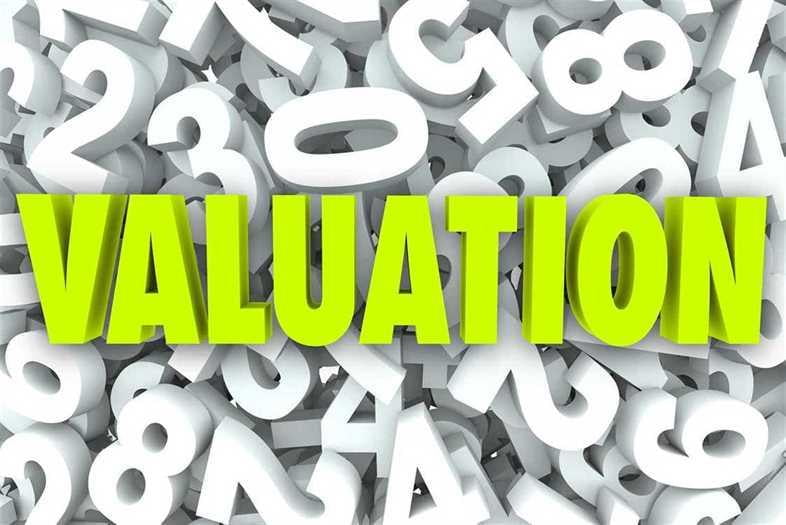Determining the value of a company is incredibly difficult and there’s no one right way of doing it. One reason it’s hard is because there are so many moving parts to a company – assets, liabilities, revenue streams, stakeholders, etc. Another reason is because value is inherently subjective; a woodworking company is worth far less to me than it would be to a professional woodworker with years of experience. Knowing how difficult it is to determine value, let’s take a look at some of the most common methods to determine the value of the company – a process known as business valuation.
One method of doing this is to calculate market capitalization. This is easiest done with public companies and involves determining how much stock a business has distributed and the value of each share. When you hear about Apple being valued at over a trillion dollars, it’s people multiplying the number of Apple shares by their value. While this method is a good way of valuing a company, it’s also the least likely to be relevant because if you already have access to the necessary data, the company is probably on the stock market already so its value is already represented in the shares you can buy of the company’s stocks.
Some people use revenue in order to assess the value of a company but that’s a bit of a shallow evaluation. When a company is generating $10,000 worth of revenue, but generating that revenue is costing $20,000 a year, it’s losing money, not making it. To address this, some accountants and stockbrokers will apply industry modifiers. They might apply a 2x revenue modifier or a 0.5x revenue model to determine the value of a company, depending on the economic conditions and historical data pertaining to the industry.
One thing that’s important to consider when conducting business valuation is that you’re trying to determine the value of a company now, but that value depends on how much revenue you anticipate it will generate for you in the future. That’s a tricky process because money earned in the future is almost always worth less than money earned now (because of inflation). That’s where discounted cash flow (DCF) comes in. Let’s say you buy a company with $10,000 worth of revenue – with a 5% inflation rate, that same cash flow is only going to be worth $9,500 next year. Using this calculation, it can be easier to determine which investments are actually worth your money (and thus, easier to determine the value of a business to you).
There are many other ways to conduct a business valuation – which one will work best for you depends a lot on circumstances ranging from the type of business it is to why you need to know its value. Getting in touch with a CPA accountant in Winnipeg will help enormously; accountants are trained to help you evaluate important decisions like whether or not you should buy a particular business.

